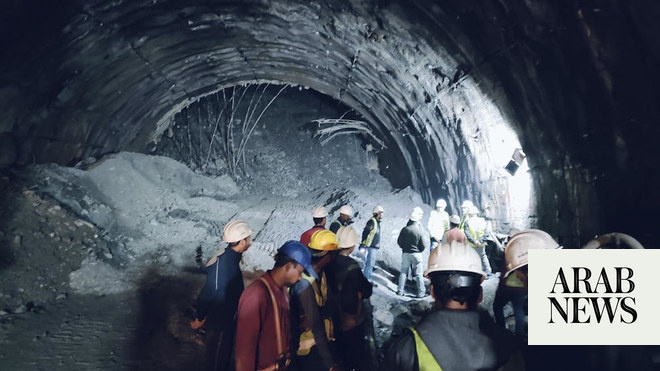
For a decade, Tunisia’s revolution has been remembered on 14 January, the day autocratic ruler Zine al-Abidine Ben Ali fled to Saudi Arabia and the political elite declared the revolution complete.
From today, by President Kais Saied’s decree, the event will be marked on 17 December, the day street trader Mohamed Bouazizi set himself on fire in protest at state corruption and the faltering economy. The self-immolation became a catalyst for Tunisia’s uprising and the wider Arab spring.
The subsequent 11 years have brought mixed blessings to Tunisia. While the gains have been significant, the daily grind of rising prices, declining living standards, the ravages of the pandemic and the squabbling of politicians unmoored from the greater good have all left lasting scars.
Not for nothing did many Tunisians bridle at being congratulated on being the sole success of the Arab spring long before Saied’s dramatic intervention into the country’s political life on 25 July this year, securing one-man rule for himself and effectively silencing such platitudes.
On Monday, after almost five months of speculation, including the appointment of a token cabinet in October, he finally spelt out his plan for constitutional reform, committing to a July referendum to vote on a fresh constitution, before further elections on this day next year. While much of the president’s energy remains invested in political reform, no answer to the chronic financial problems that gnaw away at the marrow of daily life appears any closer than it has for the last 11 years.
In the overlooked and occasionally volatile working-class neighbourhood of Zahrouni, on the edges of the capital, 29-year-old Yassine rifles through the skips, searching for the empty plastic bottles he can sell by the sack for recycling. It is a common sight in most big cities in Tunisia. International Alert estimates that 8,000 Tunisians earn a living this way. Yassine says he’ll get anywhere from 2 to 3 dinars, (50p and 80p) a sack.
“I can sell up to five sacks a day,” Yassine says, “though four is more usual. I’ve been doing this a long time; sometimes construction, but often this.”
Asked what he wants, Yassine states: “A job.”
Tunisia’s economic decline started long before the revolution it helped trigger. However, over the years since, politicians have consistently shied away from confronting the root causes for that decline, preferring instead to focus on political projects where the heroes and villains are clearer. It’s a trend that shows no sign of ending.
The problems are profound. As the country negotiates a fresh loan from the International Monetary Fund, its general trade union has openly questioned whether the state can pay its hefty public sector salary bill. Unemployment, one of the primary causes of the revolution and, in districts such as Zahrouni, a source of social unrest, remains unimproved. In 2010, joblessness ran at 13%. Today, it’s 18%. During the past two years, coronavirus has hammered the economy, wiping out its tourism sector and leading to an unprecedented wave of clandestine migration.
“People are tired,” says Amine Ghali at the Kawakibi Democracy Transition Centre. “They want better schools, better transport, better health care.”
For Ghali, while the president has accrued much of the political power of the state, economic reform remains a distant country. “He’s not an economist,” says Ghali. “He has no clever ideas. All his efforts are directed at changing the political system, or pushing the corruption cases he talks about.”
Saied continues to ride high in Tunisia’s notoriously shaky polls – likely as much a rejection of past party elites as an embracing of his unique style – but the first signs of cracks can be seen. During a bitter dispute over the site of a landfill with precisely the kind of impoverished neighbourhoods that Saied has championed, the president was forced to send in the country’s police force to deal with protesters. With January and February – Tunisia’s traditional months of protest – looming and no sign of economic development, the prospects of confrontation with a president who has drawn nearly all political power to himself are significant.
For Yassine in Zahrouni, little of this carries weight. He has listened to the promises of politicians for years and is still collecting bottles to support a household of five. “It doesn’t matter if I support the president or not,” he says, “None of this will help my situation.”












